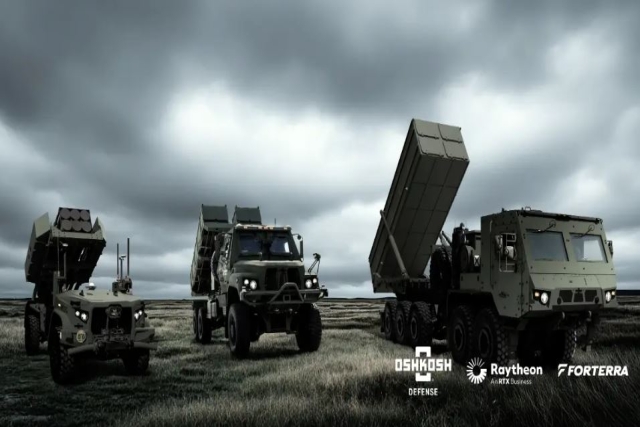Delaying Fighter Deal Would 'Cost Billions'
Defence Minister Stephen Smith's decision to hold back on the order for Australia's next batch of 58 Joint Strike Fighters could cost taxpayers billions of dollars. The cost blow-out will be compounded if, as indicated, he pushes back the delivery schedule for 12 of the 14 planes in the first batch. It is widely feared, both within Defence and industry, the two moves could create the air warfare capability gap the government says it is trying to avoid. The claims come at the same time a senior JSF program executive has called on the Australian government to ''stay the course'' to keep the production line for the sophisticated fifth generation stealth fighter running at maximum efficiency. Lockheed Martin vice president Tom Burbage told a parliamentary defence committee on Tuesday the postponement of plane orders by the US and other governments currently affected by the global financial crisis was ''the single largest contributor to the increases in the unit cost of the F-35''. Civilian and uniformed staff in the Defence Materiel Organisation have been working on the detail of the 58-plane order for at least three years. It is due to go to Mr Smith in September or October. His office has declined to comment on whether the recommendation will go to government this year. Mr Smith is already reviewing the timetable for the delivery of Australia's next 12 planes and has indicated the next 58 are not a priority in 2012. Any significant deviation from the original procurement program is expected to commit Australia to the purchase of between 12 and 24 extra F/A-18 Super Hornets at a cost of between $3 billion and $6 billion.









